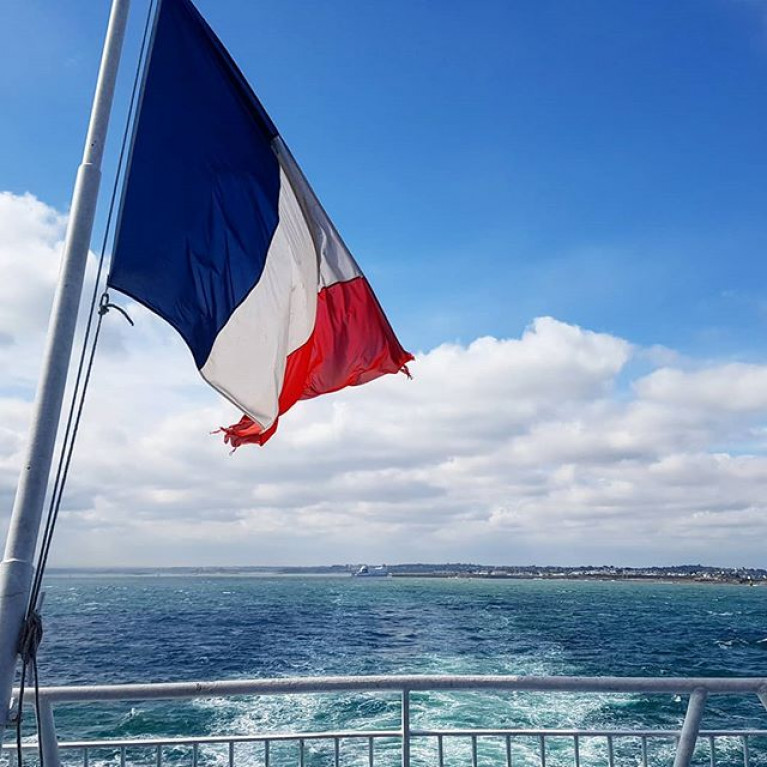Brittany Ferries and the CMA CGM Group, a world leader in shipping and logistics, announced that CMA CGM has agreed to make a €25m investment in the largest ferry company operating under the French flag, including €10m in quasi-equity.
Through this agreement, CMA CGM is seeking to support Brittany Ferries’ post-Covid-19 recovery.
The announcement was made during the Assises de l’économie de la mer event, the largest annual meeting of participants in France’s sea economy.
- Letter of Intent for an investment to support Brittany Ferries’ post-Covid-19 recovery
- Commercial partnership unlocking synergies in freight transport across the English Channel and to the Iberian Peninsula
- Development of LNG excellence in France
The partnership will help to unlock synergies between the two companies in passenger and freight transport. By harnessing the respective areas of expertise of the CMA CGM Group and Brittany Ferries, it will also help promote the development of cross-Channel shipping and underpin France’s position in the sector. Under this agreement, a representative of the CMA CGM Group will join Brittany Ferries’ Supervisory Board.
Synergies in freight shipments across the English Channel and to the Iberian Peninsula
The agreement establishes a commercial partnership between the CMA CGM Group and Brittany Ferries through the use of available cargo space on board Brittany Ferries’ services to the United Kingdom, Ireland and the Iberian Peninsula. The transportation of goods aboard Brittany Ferries’ roll-on roll-off (roro) ships will help expand the CMA CGM Group’s offering in the roro sector for the Atlantic and northern coast of France to destinations in the United Kingdom.
The partnership with CMA CGM will also pave the way for Brittany Ferries to gain more expertise in freight and logistics. It will help the company to adapt more easily to the post-Covid-19 trends in goods transportation, including the transport of unaccompanied trailers, and to offer new transport services so it can better meet the needs of its customers.
Through this agreement, both groups will be able to introduce new ro ro services.
Development of LNG excellence in France
CMA CGM and Brittany Ferries, both of which are committed to developing liquefied natural gas (LNG) to power their ships, will be looking at ways of sharing their LNG knowledge and resources in areas such as training for French crews and safety procedures.
Both companies have also undertaken to introduce more environmentally-friendly shipping and logistics solutions.
Two new LNG-powered ships are due to join Brittany Ferries’ fleet next year and in 2023. The new Ro-pax vessels, to be named Salamanca and Santoña, will operate services between the United Kingdom and Spain.
In addition, Brittany Ferries is about to introduce a new rail freight service to expand its multimodal offering. By year-end 2022 the company will offer its customers an unaccompanied trailer transport service on the Atlantic coast rail network between Bayonne and Cherbourg.



























































